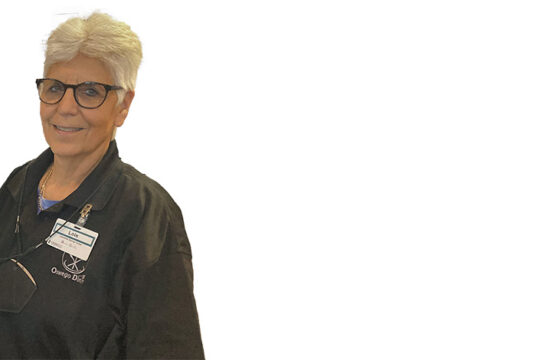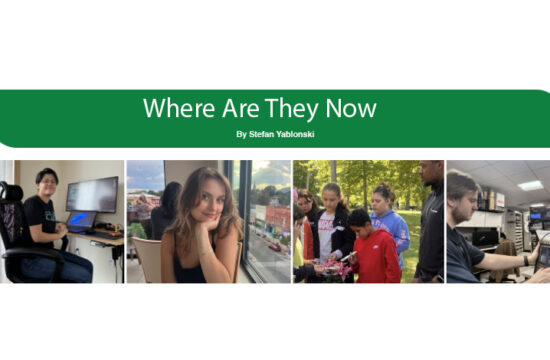By Deborah Jeanne Sergeant
“Did you ever have to make up your mind?
Pick up on one and leave the other one behind
It’s not often easy, and not often kind
Did you ever have to make up your mind?…

The Lovin’ Spoonful sang about a love interest—not a college major—in their 1965 hit.
But a lot of college students can relate to the sentiment if they do not know their major.
Jacqueline Wallace, associate director for Career Education, Career Services and Career Coach for Education at SUNY Oswego, said that about 150 to 200 students at the school are undeclared each year.
The process of picking a major begins with knowing oneself.
“What are your interests, strengths and values and how does that align to opportunities out there?” she said. “Are there majors that are energizing to you that you want to know about?”
The next step is to see if any of these majors lead to further opportunities.
“What opportunities does this degree open up, like jobs internships and service?” Wallace said. “Many students also think about careers that align with their interests, strengths and values and what will lead to a career.”
One helpful resource is the Bureau of Labor Statistics (https://www.bls.gov). The site also shows at the city level median salaries for career titles and their projected growth rates. This part of the consideration is vital.
“There are fields that are much more competitive,” Wallace said. “You might work on a project in the arts, but to pay the bills, you may need to work a part-time job.”
Students should cross reference their projected debt with their projected salaries.
Wallace also reminds students that it’s unlikely that they will remain in the same career—much less the same job—for life. Most people change careers or at least take a sidestep into something slightly different at least once during their working life.
“At Oswego, we have courses that give participants the tools they need lifelong,” Wallace said. “The chances of getting a job in a career field of interest or job for a lifetime is less likely as jobs change and industries change.”
She encourages students to stay curious and continue to try new experiences, as well as talk with as many people as they can who work in the student’s field of interest to see if it’s right for them.
“You build up your network as well,” she said. “You don’t navigate setbacks without mentors around you. They’re there to support you. The more you can get out there and connect with folks, the more it will help you. Take someone out for coffee and be curious.”
Job shadowing, talking with mentors and volunteering can also help students better understand a career.
“Chances are, you’ll do something you’re familiar with,” Wallace said. “You need to see what’s available and out there. The more you can expose yourself to different opportunities, the more you can see yourself there. It’s not so scary to jump in and try something.”












